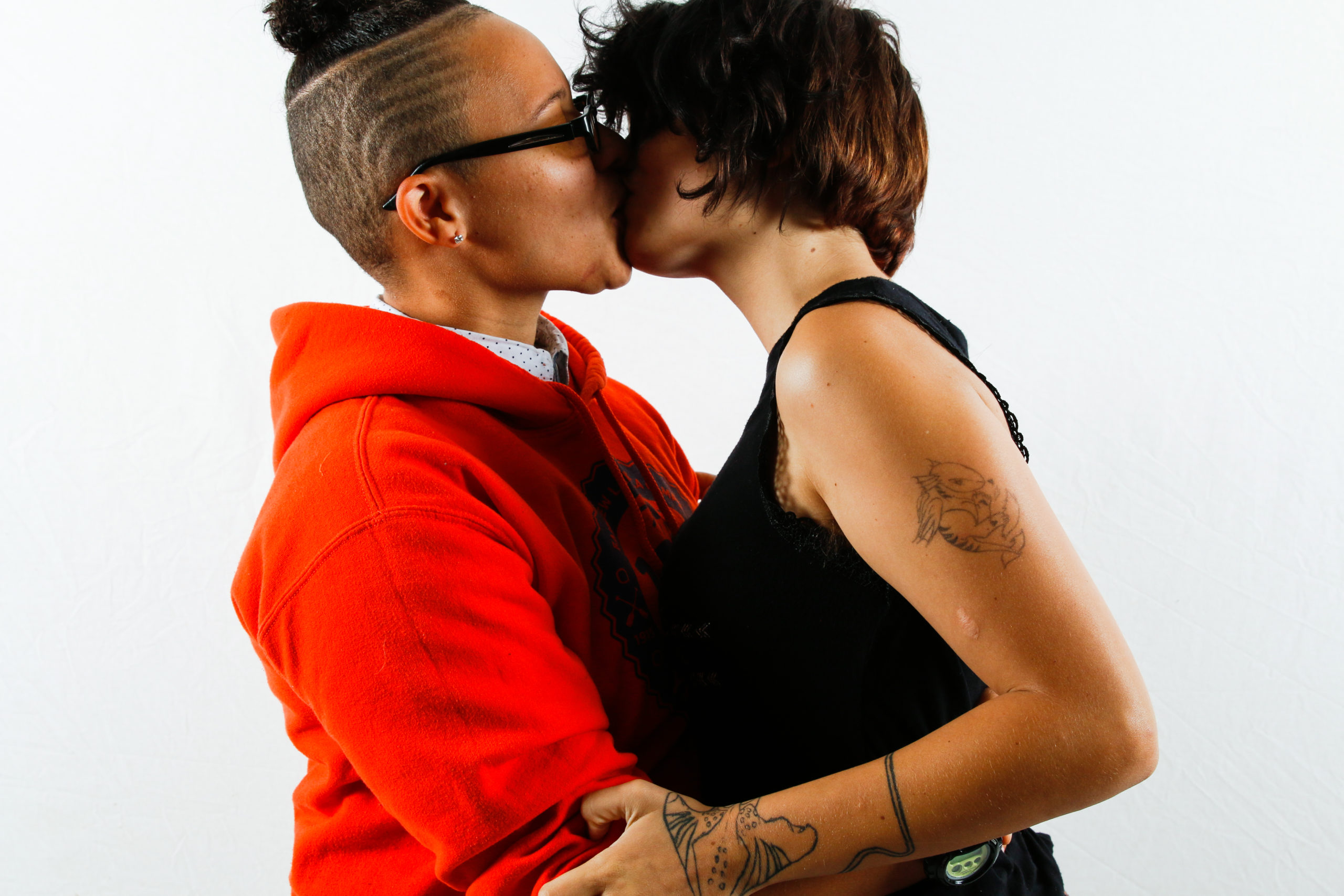Reflecting on Relationships

Whether you celebrate it or not, Valentine’s Day can be a good time to reflect on all of the relationships in your life – with friends, family, loved ones, and any sexual or romantic relationships you may be involved in. No matter how you define them, it’s important that your relationships are healthy ones!
February is also Teen Dating Violence Awareness Month. Violence can take many forms, from intimidation, to coercion (pressure), verbal abuse, and physical abuse.
There are 4 actions that can help decide whether your relationship(s) are healthy: 1. Identifying the signs, 2. Seeking resources or help, 3. Making a decision, and 4. Maintaining your decision.
Healthy relationships are built on trust, acceptance, communication, and understanding. There are not only red flags in relationships, but green flags to look out for – like open communication, maintaining boundaries, empathy, and self-reflection.
Step #1: Identifying the signs of how your Significant Other (SO)/partner treats you:
- Try to stop you from seeing or talking to family or friends?
- Call you derogatory names, put you down, or criticize you?
- Threaten or scare you?
- Hit, slap, push, or kick you?
- Pressure or force you to do something sexual when you don’t want to?
- Humiliate you when you are alone or in front of others?
- Control where you go, what you wear, or what you do?
Identifying the signs of how your relationship is affecting you:
- Spending less time with family and friends?
- Excessive text messaging, phone calling, emailing, or visiting with your SO?
- Giving up things that used to be important to you?
- Having lower grades or missing school?
- Being pressured by your SO about what to do, where to go, or what to wear?
- Worried about upsetting your SO?
- Apologizing or making excuses for your SO’s behavior?
Step #2: Seeking resources or help
If these sound like something you or a friend are experiencing, you should discuss these issues with someone you trust and figure out your next steps. If you need help, there are resources available!
- AVP offers a free bilingual (English/Spanish) crisis intervention hotline staffed 24/7. Call 212-714-1141 or report online.
- Fenway Health has a peer listening line from 5-10pm Monday through Saturday. Call 617.267.2535.
- loveisrespect: Call 1-866-331-9474, chat at loveisrespect.org or text “loveis” to 22522, any time, 24/7/365.
- The NorthWest Network of bi, Trans, lesbian and gay survivors of abuse 206-568-7777 nwnetwork.org
- Tambien The Crisis Clinic (Linea de Crisis las 24 horas): Ayuda inmediata para personas en crisis. 866-427-4747
- VictimConnect provides help for victims of any crime nationwide, and can be reached by phone at 1-855-4VICTIM (1-855-484-2846) or by online chat.
Step #3 Making a decision:
Talk through your feelings with friends, family, or other resources, reviewing the behavior of your SO/partner, figuring out how your SO/partner makes you feel, and identifying power dynamics through past words or actions. Remember your decision to end the relationship is critical because if you see the signs of an abusive relationship, its possible things may escalate and put your health and safety in danger.
If you are worried about your SOs’/partners’ reaction to breaking up, try to do it in a public space or around people you trust. This is not an easy decision. You might be worried about what other people think, but what matters most is you – trust yourself and your instincts! As a younger person you are still finding yourself so why not take your time?
Step #4 Maintaining your decision:
It’s essential that if you have decided to end the relationship, you stick to that decision. Going back, even when an SO/partner promises that they have changed, still poses a great risk of being in the same or worse position than you were in before. Continue to focus on yourself, know your worth, and only accept what you deserve!